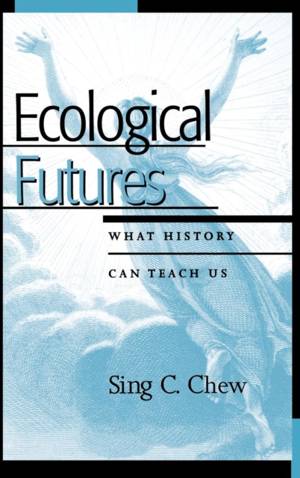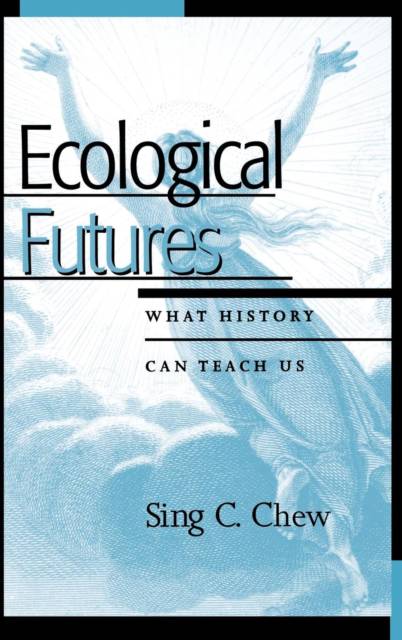
- Afhalen na 1 uur in een winkel met voorraad
- Gratis thuislevering in België vanaf € 30
- Ruim aanbod met 7 miljoen producten
- Afhalen na 1 uur in een winkel met voorraad
- Gratis thuislevering in België vanaf € 30
- Ruim aanbod met 7 miljoen producten
Zoeken
Omschrijving
Ecological Futures, the final book in Sing C. Chew's trilogy on world ecological degradation, proposes that our own era exhibits ecological conditions similar to those of the past. The climate changes, environmental crises, mass population migrations, and socioeconomic disorganization we find in our globalized world also characterized the Late Bronze Age and the period following the fall of the Roman Empire. Given such historical parallels, can history tell us what to expect? Analyzing past trends, Chew identifies a set of long-term structural changes common to previous systemic crises and suggests possible outcomes. These 'possible futures' include the collapse of systems, territories, informational technologies, and communities in an era of scarce resources, political reorganization, and globalization.
Specificaties
Betrokkenen
- Auteur(s):
- Uitgeverij:
Inhoud
- Aantal bladzijden:
- 182
- Taal:
- Engels
- Reeks:
Eigenschappen
- Productcode (EAN):
- 9780759104532
- Verschijningsdatum:
- 1/08/2008
- Uitvoering:
- Hardcover
- Formaat:
- Genaaid
- Afmetingen:
- 157 mm x 231 mm
- Gewicht:
- 408 g

Alleen bij Standaard Boekhandel
+ 440 punten op je klantenkaart van Standaard Boekhandel
Beoordelingen
We publiceren alleen reviews die voldoen aan de voorwaarden voor reviews. Bekijk onze voorwaarden voor reviews.







